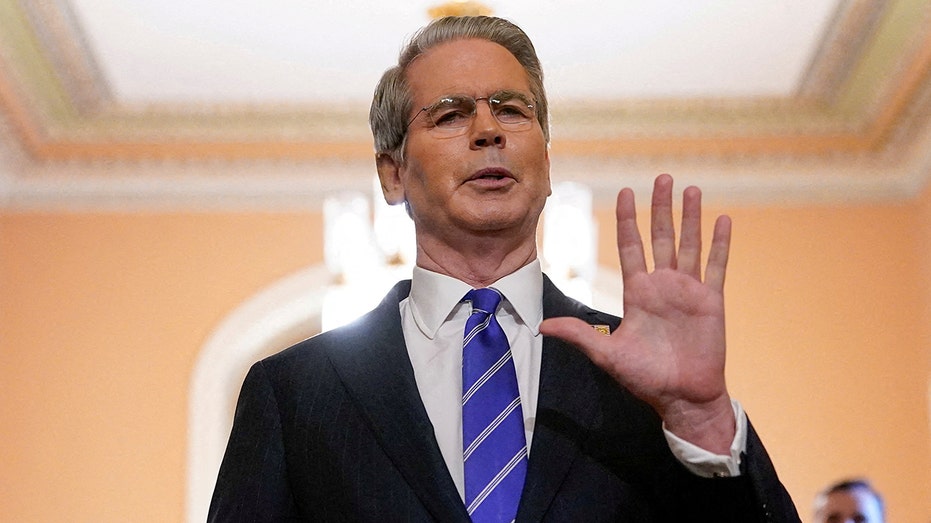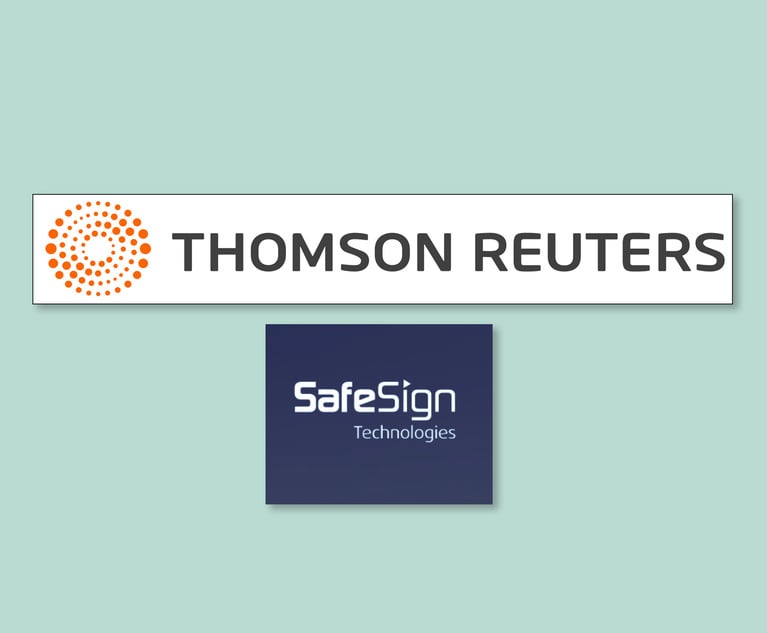Since generative AI became mainstream in late 2022, the legal market hasn’t just been racing to figure out how to leverage the new technology, but also to ensure lawyers are using it without breaking their ethical obligations. And recent instances of lawyers submitting generative AI-written briefs, laden with citation errors, has only made the latter a far more pressing need.
It’s little surprise then that over the past few months, a growing number of judges in the U.S. have issued standing orders requiring the disclosure of the use generative AI—or sometimes even any AI—in the drafting of court documents. And late last year, the California bar association became one of the first to adopt new ethics guidance for its state attorneys using generative AI.








